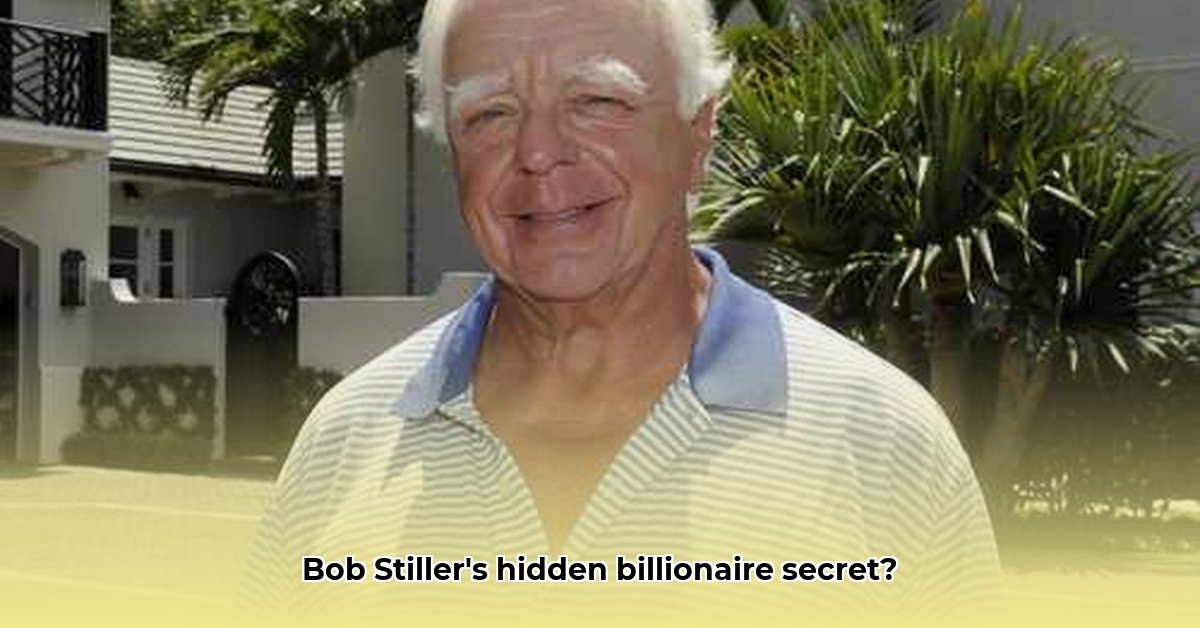
From Rolling Papers to Coffee King: The Bob Stiller Story
Bob Stiller's journey from a relatively modest start selling rolling papers to amassing a $13.9 billion fortune through his involvement with Keurig Green Mountain is a compelling tale of entrepreneurial vision, strategic risk-taking, and unwavering adaptability. This isn't just a story about wealth; it's a masterclass in building a billion-dollar empire. How did he do it? Let's delve into the key elements that propelled Stiller to the pinnacle of the coffee industry.
Did Stiller's early success with rolling papers foreshadow his future dominance in a vastly different market? Absolutely. His initial venture instilled in him invaluable business fundamentals, including crucial lessons in market analysis, financial management, and the art of identifying unmet consumer needs. This foundational experience proved instrumental in his later, more ambitious endeavors.
The Keurig Acquisition: A Calculated Gamble That Paid Off
Stiller's investment in Keurig wasn't a blind leap of faith; it was a meticulously planned strategic move. He recognized the revolutionary potential of Keurig's single-serve coffee system long before it became a ubiquitous household item. He saw beyond the immediate technology to envision a paradigm shift in coffee consumption, a change that would dramatically alter consumer behavior and market dynamics. This foresight proved to be his most lucrative bet.
But wasn't there significant risk involved in such a massive investment? Undeniably. Launching a new product into a saturated market always involves inherent risks. However, Stiller's careful market research, thorough due diligence, and understanding of the long-term growth potential mitigated these dangers, transforming a significant risk into an exceptional reward.
Navigating the Challenges: Resilience in the Face of Adversity
Bob Stiller's path to unimaginable wealth wasn't without obstacles. Reports indicate he faced considerable financial challenges around 2012 due to margin calls. This illustrates the inherent unpredictability of the business world, even for the most successful entrepreneurs. However, this setback didn't derail his trajectory; instead, it served as a critical learning experience, proving his resilience and capacity for strategic adaptation. It’s a reminder that setbacks, while painful, can be valuable learning opportunities, shaping future decisions and refining risk management strategies.
The $13.9 Billion Exit: A Masterclass in Strategic Timing
The sale of Keurig Green Mountain for a staggering $13.9 billion wasn't merely a fortunate event; it was the masterful execution of a well-defined exit strategy. Stiller's decision to sell at the peak of the market showcases his sophisticated understanding of market dynamics, financial forecasting, and risk assessment. It’s a testament to knowing when to capitalize on success and seamlessly transition to the next opportunity. The sale serves as a practical illustration of a key principle for any aspiring entrepreneur: knowing when to harvest the fruits of your labor is just as important as the effort involved in cultivating them.
Key Takeaways from Stiller's Entrepreneurial Journey:
- Innovation is Key: Identifying and investing in disruptive technologies that redefine industries is crucial for exponential growth.
- Strategic Acquisitions: Mastering the art of due diligence, identifying high-growth companies, and integrating them effectively within your portfolio is paramount to scaling business operations.
- Strategic Risk Management: Anticipating and mitigating potential financial challenges is crucial for long-term sustainability.
- Embrace Adaptability: The ability to adjust strategies in response to evolving market demands is essential for navigating an ever-changing business landscape.
- Long-Term Vision Trumps Short-Term Gains: Focusing on sustainable business practices and long-term growth rather than quick profits ensures enduring success.
Deconstructing Stiller's Success: A Strategic Framework
The following table outlines the key phases of Stiller's journey, highlighting strategic decisions, outcomes, and risk-mitigation techniques. This analysis is based on publicly available information and insights.
| Stage | Strategy | Key Outcome | Significant Risks | Mitigation Strategies |
|---|---|---|---|---|
| Early Career | Establishing a niche business (rolling papers) | Profitable foundation, business acumen gained | Low capital, limited market | Reinvestment of profits, smart financial management |
| Coffee Industry Entry | Strategic acquisition and growth in the coffee sector (Keurig) | Market leadership in the single-serve coffee market | High-stakes investment, intense competition | Diversification, continuous innovation, proactive risk management |
| Exit Strategy | Strategic sale of Keurig Green Mountain | Multi-billion dollar return | Economic downturns, regulatory hurdles | Diversified investments, expert financial advice |
Bob Stiller's entrepreneurial journey stands as a powerful example of how vision, strategic planning, resilience, calculated risk-taking, and adaptability can result in extraordinary success. While the precise details of his net worth remain private, his impact on the business world is irrefutable.